The tensile testing machine has an important component - the sensor, which is essential for precise testing of materials such as tension, bending, compression, and shear. The accuracy of the testing machine mainly depends on the accuracy of the control part and the sensitivity of the sensor. At present, there are many types of sensors for tensile testing machines in the market, such as capacitive weighing sensors, electromagnetic balance sensors, piezoelectric weighing sensors, etc. There are significant differences between the products added, what are some things we need to pay attention to when selecting sensors for testing machines? How can I purchase a good product? What performance does it need to have? Below, the editor will share with you some experience in this area.
1. Accuracy issues with sensors:
The accuracy of sensors is an important performance indicator, as it directly affects the accuracy of experimental results. On the contrary, the higher the accuracy of the testing machine sensor, the more expensive its price is. When choosing a sensor for the testing machine, we need to consider our own actual situation and ensure that the sensor accuracy meets the precision requirements of the measurement system.
2. Linear range of sensors:
Linear range refers to the range where the output is proportional to the input. In theory, the linear range of the testing machine sensors is relatively stable. The wider the linear range of the testing machine sensor, the larger its range and can ensure its measurement accuracy. However, it is impossible to ensure the linearity of the testing machine sensor. When the requested measurement accuracy is relatively low, the testing machine sensor with smaller nonlinear errors can be approximated as linear, which brings great convenience to measurement.
3. Stability of sensors:
If a tensile testing machine sensor can still maintain its unchanged performance after being used for a period of time, then its stability is good. Overall, there are two main factors that affect the long-term stability of testing machine sensors: first, their own structure; The second is the working environment of the testing machine sensor. So, the testing machine sensors need to have strong environmental adaptability.
4. Frequency characteristics of sensors:
The frequency characteristics of the testing machine sensor directly determine the frequency range of the measured material. It is necessary to adhere to non distortion within an allowable frequency range to meet the requirements. In fact, the response of the testing machine sensors will have a certain delay, and in short, the shorter the response time, the better.
5. Flexibility of sensors:
Within the linear range of the tension testing machine sensor, everyone hopes that the higher the flexibility of the tension testing machine sensor, the better. Because the higher the flexibility, the larger the value of the output signal corresponding to the measured change, which is beneficial for signal processing. At the same time, we also need to note that the higher the flexibility of the sensors in the tensile testing machine, the greater the impact of external noise. Therefore, when selecting sensors for tensile testing machines, compatibility between flexibility and resistance to external interference should be ensured.
The above are the 5 aspects that the editor needs to pay attention to when selecting sensors for testing machines. I hope it will be helpful to everyone
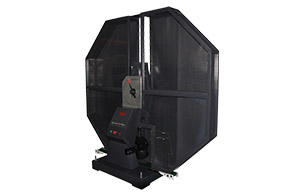 Pendulum impact testing machine
Pendulum impact testing machine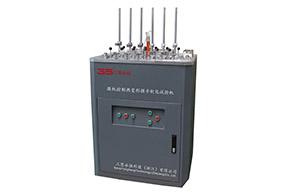 Plastic specific testing machine
Plastic specific testing machine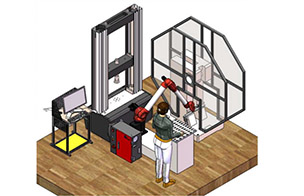 Automated testing plan
Automated testing plan torsion testing machine
torsion testing machine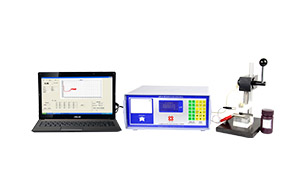 Coulomb thickness gauge
Coulomb thickness gauge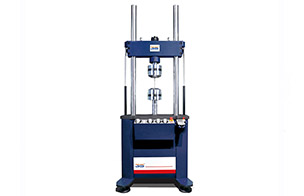 Dynamic fatigue testing machine
Dynamic fatigue testing machine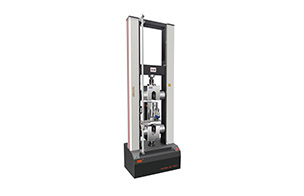 Electronic universal testing machine
Electronic universal testing machine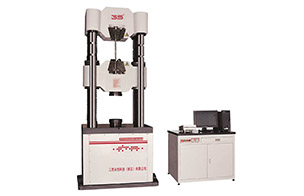 Electro hydraulic servo universal testing machine
Electro hydraulic servo universal testing machine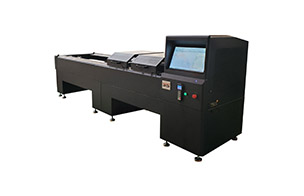 Horizontal tensile testing machine
Horizontal tensile testing machine High temperature creep endurance testing machine
High temperature creep endurance testing machine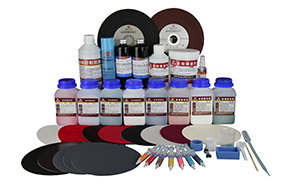 Metallographic auxiliary consumables
Metallographic auxiliary consumables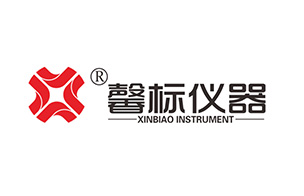 Xinbiao Instrument
Xinbiao Instrument





























